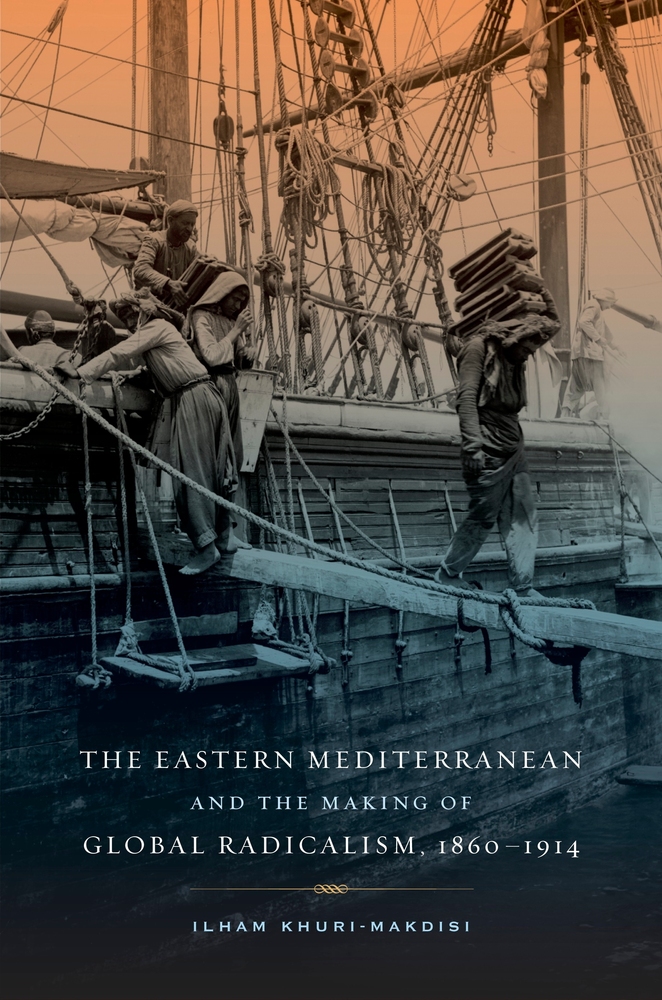The breaking of international law. A country divided. Military “protection” from a mother country for her children. A state recognized by just one other in the international community. Talk of punishment for the unruly state. No real actions taken. Statements from the West saying it will forever support the people and the government of the “true” state instead of the illegally created one. Actions from the West promoting and facilitating economic and political interaction with the unruly state.
This is not Ukraine. This is not even 2014.
This is 1974. This is Cyprus. And this is Russia’s precedent for invading Ukraine.
This July 20th will mark the 40th anniversary of Turkey’s invasion of Cyprus, and to this day, the United States and the West continue to allow Turkey to illegally occupy roughly 40 percent of the island nation even as they call for peace talks and its unification.[1] Moreover, the United States and the European Union will not get Turkey out of Cyprus – for the US, the issue is one of military bases and strategic allegiance; for the EU, the issue is that it simply has no leverage against Turkey – and ultimately, the reality of the situation is that Cyprus’ occupation is of little political importance to the West.
Let us now turn to Ukraine, and why the US and the West will do absolutely nothing of consequence to Russia. Yes, the US and the EU have enacted sanctions on specific members of the breakaway Crimean government and other Russian officials. But as President Barack Obama stated in Brussels on his European Tour last Wednesday, Russia would not be “dislodged from Crimea or deterred from further escalation by military force.”[2] Essentially, the West will simply continue to denounce Russia’s claims, but it will not stop Russia from retaining Crimea.
I do not want to be a pessimist in regards to what will happen to Crimea. In fact, I see myself as someone who has come to terms with the fact that the West simply has no interest in stopping Russia – or Turkey, for that matter – from engaging and continuing to engage in policies which violate international law and cast the current world order aside. It is true that the US and EU are in talks to implement tougher sanctions on Russia’s energy industry. But to anyone who thinks they will last, if they are even passed in the first place: you are lying to yourself.
Again, let us look at Cyprus and Turkey: the US implemented an arms embargo on Turkey from 1975 to 1978. At the time of implementation, the US and Turkey were strong allies against the USSR in the Cold War, but even so, the American public favored the arms embargo and pushed for it as a result of anger over Vietnam and human rights violations by the US military. In this scenario, the public won out in the short term, but in 1978, the US government quietly repealed the embargo and resumed arms trading. [3]
As a parallel, many Americans again feel some sort of action is required to reprimand Russia for its actions in Ukraine. And again, there is a movement among political leaders to accept sanctions. But what must be considered is the fact that these sanctions, the ones that will possibly target the Russian energy sector, will most likely be temporary, as it is against the short and long term interests of Europe to bite Russia, since up to 40 percent of Europe’s gas comes from Moscow, making up roughly 24 percent of all energy used in Europe. [4] It is unrealistic and delusional for European leaders to think they will be able to replace the energy lost from Russia if Russia decides to cut the fuel.
But as a final comparison of the two scenarios, we must look at the benefits of maintaining pleasant relations with the aggressor states. With Turkey, the US and EU maintain a strategic partner in Middle Eastern politics, hold military bases, and have burgeoning trade relations. Turkey is becoming an economic powerhouse and is moving up fast in terms of geopolitical importance; its GDP has grown by more than $300 billion since 2003 and it is sought after by the West in order to preserve Middle Eastern security. [5]
Remaining friends with Russia, on the other hand, is more of a necessity than a flat out benefit for the West. Isolating Russia would mean encouraging Moscow to pursue more ties with Syrian president Bashar al-Assad and draw out the Syrian Civil War, promoting friendlier discourse between Moscow and Tehran, and less leverage over Russia in terms of stopping it from becoming a bully in central Asia and the Caucasus regions.
Just as they were unable to save Cyprus, the US and the EU will not be able to save Ukraine. Barring any drastic and bold policy shifts on their part, the illegally occupied territories will continue to be under the control of an aggressor state, and in the long term, the West will simply move on and forget the violations of Russia.
The precedence has been set. Now, we can only watch it fall into place.
Matthew Kokkinos
International Affairs and Economics-Environmental Studies ’17
References:
[1] BBC CO, “BBC ON THIS DAY JULY 20.” Last modified July 20, 2005. Accessed March 27, 2014. http://news.bbc.co.uk/onthisday/hi/dates/stories/july/20/newsid_3866000/3866521.stm.
[2] Mason, Jeff, and Lidia Kelly. Thomson Reuters, “U.S., EU to work together on tougher Russia sanctions.” Last modified March 26, 2014. Accessed March 27, 2014. http://www.reuters.com/article/2014/03/26/us-ukraine-crisis-idUSBREA2P0VB20140326
[3] Ayres, Ron. libcom, “Turkish Foreign Relations .” Last modified August 17, 2013. Accessed March 27, 2014. https://libcom.org/library/turkish-foreign-relations.
[4] European Environment Agency (EEA), “Primary energy consumption by fuel (CSI 029/ENER 026) – Assessment published Apr 2012.” Last modified April 2013. Accessed March 27, 2014.
[5] The World Bank, “The World Bank DataBank: Turkey.” Last modified January 2012. Accessed March 27, 2014. http://databank.worldbank.org/data/views/reports/chart.aspx



